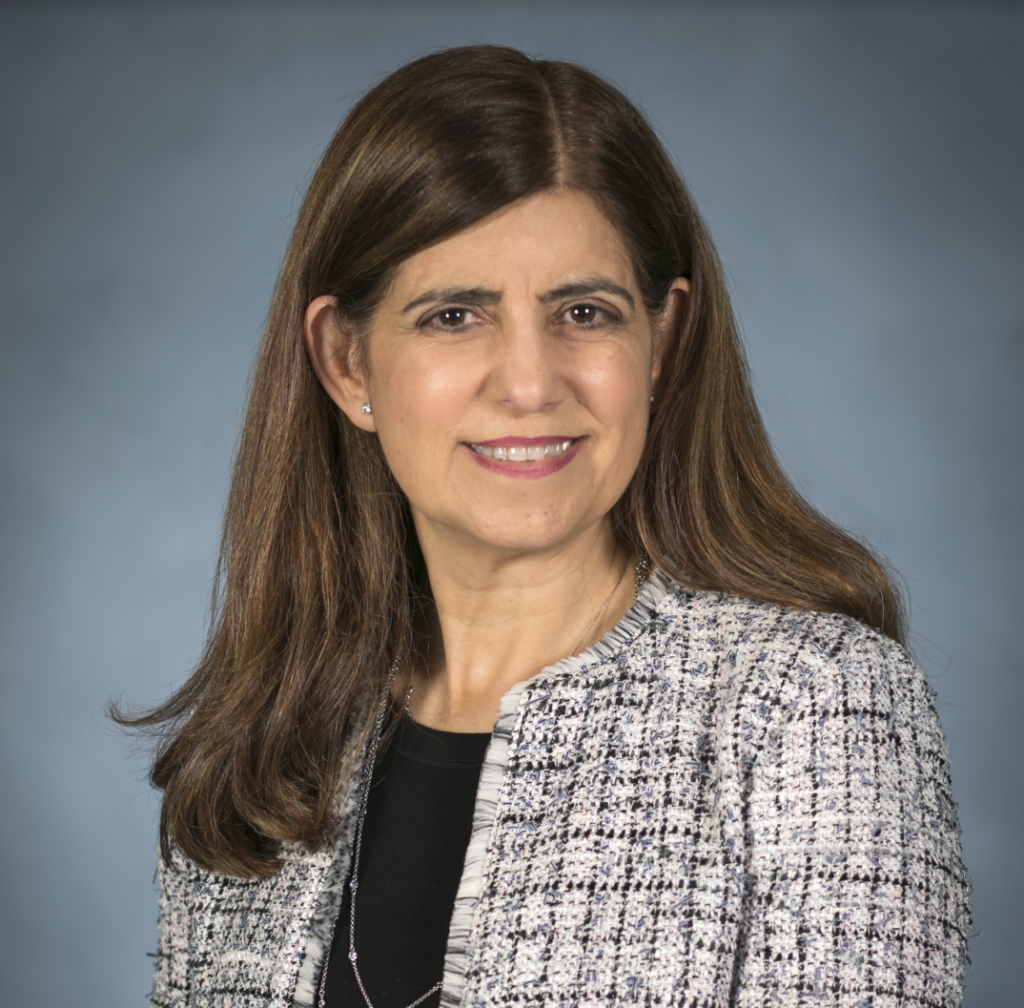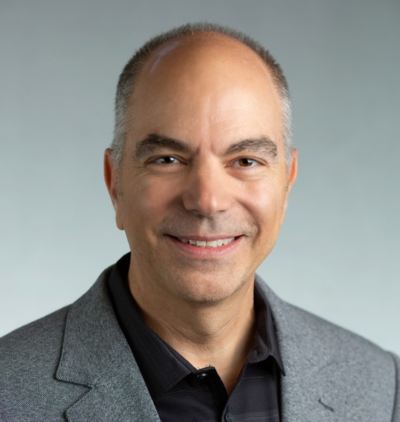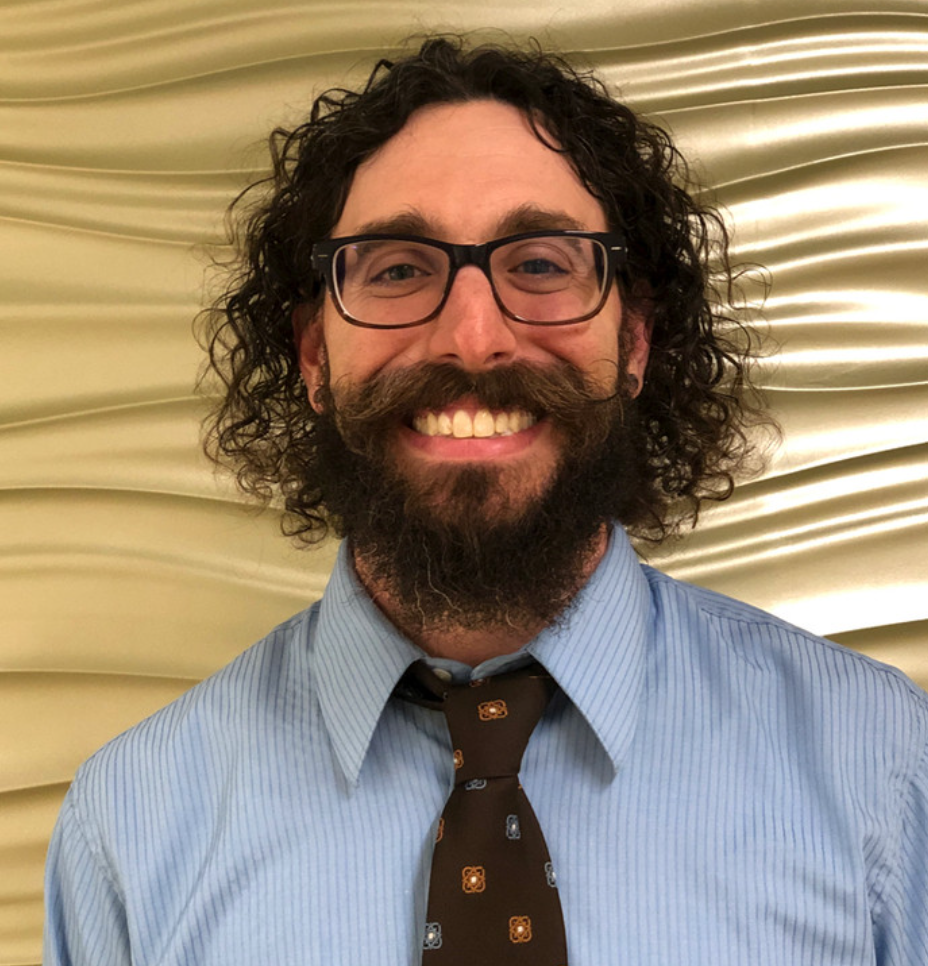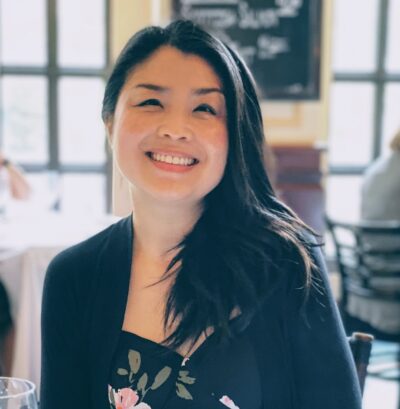The USC Alfred E. Mann School of Pharmacy and Pharmaceutical Sciences pioneered experiential learning for Doctor of Pharmacy students in the late 1960s and today remains an innovator in preparing students for pharmacy practice in a wide variety of settings.
Patient care experiences begin early, increasing in scope and complexity as students progress through the program. By the time they finish the PharmD program, students will have completed a minimum of 1,740 hours of experiential learning.
Students benefit from the School’s broad network of affiliates—some 300 sites with more than 400 volunteer faculty and preceptors, many of whom are alumni of the program. Students are provided many options for clinical site placements, including sites within the Los Angeles area and beyond.
The School’s location in Los Angeles provides far-ranging opportunities for practice in a variety of settings, with a wide range of disease states in an incredibly diverse patient population. Being on a major health sciences campus—the only private school of pharmacy in such a setting—offers students many other advantages, including four hospitals in close proximity (three of which are owned by the university) as well as opportunities for interdisciplinary collaboration. In addition, the School owns and operates four community pharmacies that serve as practice sites for students.
Explore the USC Mann rooms and facilities and view policies and procedures for reserving a room. Reservation calendar for all rooms is also available.
During the first semester of the curriculum, students receive intensive, hands-on training in immunization and screening tests for blood pressure, cholesterol and diabetes. Skills are further honed through frequent participation in local health fairs held throughout the year. At health fairs, students provide vaccinations, conduct a variety of health screenings and offer community health education under the supervision of faculty and preceptors.
Then, continuing throughout the first three years of the PharmD program, each student completes a minimum of 300 hours of experiential learning. Years 1-3 include experiences in the community, hospital and elective pharmacy practice. Students may choose an elective that further broadens their knowledge in an area of special relevance to their career path interests.
Classroom instruction during the first three years is time designed to complement and enhance the experiences gained at the various practice sites, contributing to the overall professional development of the student.
The final year in the program is entirely experiential, with students completing six advanced pharmacy practice experiences (APPE) of six weeks each. Students will be assigned to six blocks out of the eight blocks offered in the APPE calendar year.
As required for all PharmD programs, two rotations will be in the outpatient setting (ambulatory care and community) and two rotations will be in the inpatient hospital setting. Each student will also complete two electives that may be in traditional and/or nontraditional practice settings—including the pharmaceutical industry, regulatory agencies, or managed care organizations.
The required inpatient rotations include both team-based clinical patient care activities and operational pharmacy practice activities in the hospital setting. Students will participate in interprofessional rounds, monitoring of patients and their medication therapy, and quality assurance of medication dispensing processes and systems. The ambulatory care APPEs emphasize individualized patient care and disease state management to improve medication adherence and safety with chronic medication use.
While specific placements cannot be guaranteed, students are offered a significant amount of choices in rotations based on their individual interests and preferences, with opportunities for placement at a wide range of locations, such as:
- U.S. Food and Drug Administration (FDA)
- Centers for Disease Control and Prevention (CDC)
- Corporate and industry settings
- Los Angeles General Medical Center
- University of Southern California hospitals (Keck Hospital of USC, USC Norris Comprehensive Cancer Center and Hospital, USC Arcadia Hospital, and USC Verdugo Hills Hospital)
- Other Southern California health systems, such as the Veterans Affairs Medical Centers, Kaiser Permanente Medical Centers and Cedars-Sinai Medical Center.
- Community health centers and safety-net clinics
- International sites (including Japan, Ireland, India, Egypt, Hong Kong, Taiwan, South Korea, and the Balkans)
Students: Licensure as Intern Pharmacist
You will obtain your intern licensure with the California State Board of Pharmacy at the beginning of your first year. The Intern Pharmacist’s license allows you to perform any of the duties of a registered pharmacist while working under the direct supervision of a registered pharmacist.
Preceptors: Benefits & Resources at USC Mann
Learn more about benefits and resources available to preceptors at USC Mann.
Preceptor Spotlights





